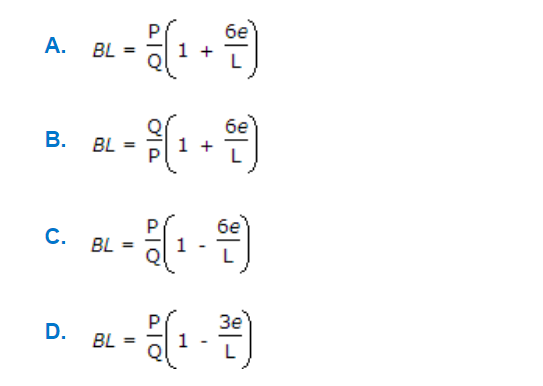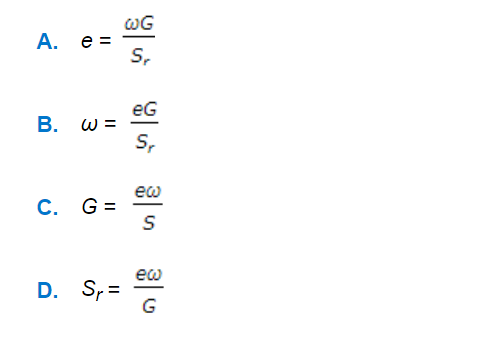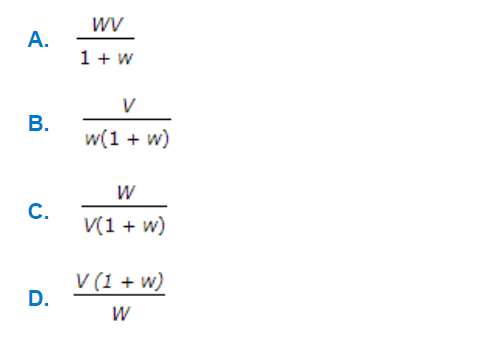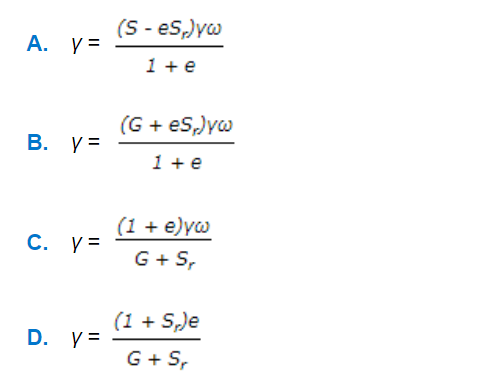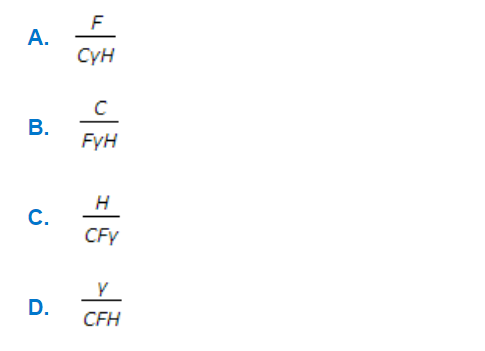Soil Mechanics and Foundation Engineering MCQs
Welcome to our comprehensive collection of Multiple Choice Questions (MCQs) on Soil Mechanics and Foundation Engineering, a fundamental topic in the field of Civil Engineering. Whether you're preparing for competitive exams, honing your problem-solving skills, or simply looking to enhance your abilities in this field, our Soil Mechanics and Foundation Engineering MCQs are designed to help you grasp the core concepts and excel in solving problems.
In this section, you'll find a wide range of Soil Mechanics and Foundation Engineering mcq questions that explore various aspects of Soil Mechanics and Foundation Engineering problems. Each MCQ is crafted to challenge your understanding of Soil Mechanics and Foundation Engineering principles, enabling you to refine your problem-solving techniques. Whether you're a student aiming to ace Civil Engineering tests, a job seeker preparing for interviews, or someone simply interested in sharpening their skills, our Soil Mechanics and Foundation Engineering MCQs are your pathway to success in mastering this essential Civil Engineering topic.
Note: Each of the following question comes with multiple answer choices. Select the most appropriate option and test your understanding of Soil Mechanics and Foundation Engineering. You can click on an option to test your knowledge before viewing the solution for a MCQ. Happy learning!
So, are you ready to put your Soil Mechanics and Foundation Engineering knowledge to the test? Let's get started with our carefully curated MCQs!
Soil Mechanics and Foundation Engineering MCQs | Page 2 of 28
Discover more Topics under Civil Engineering
